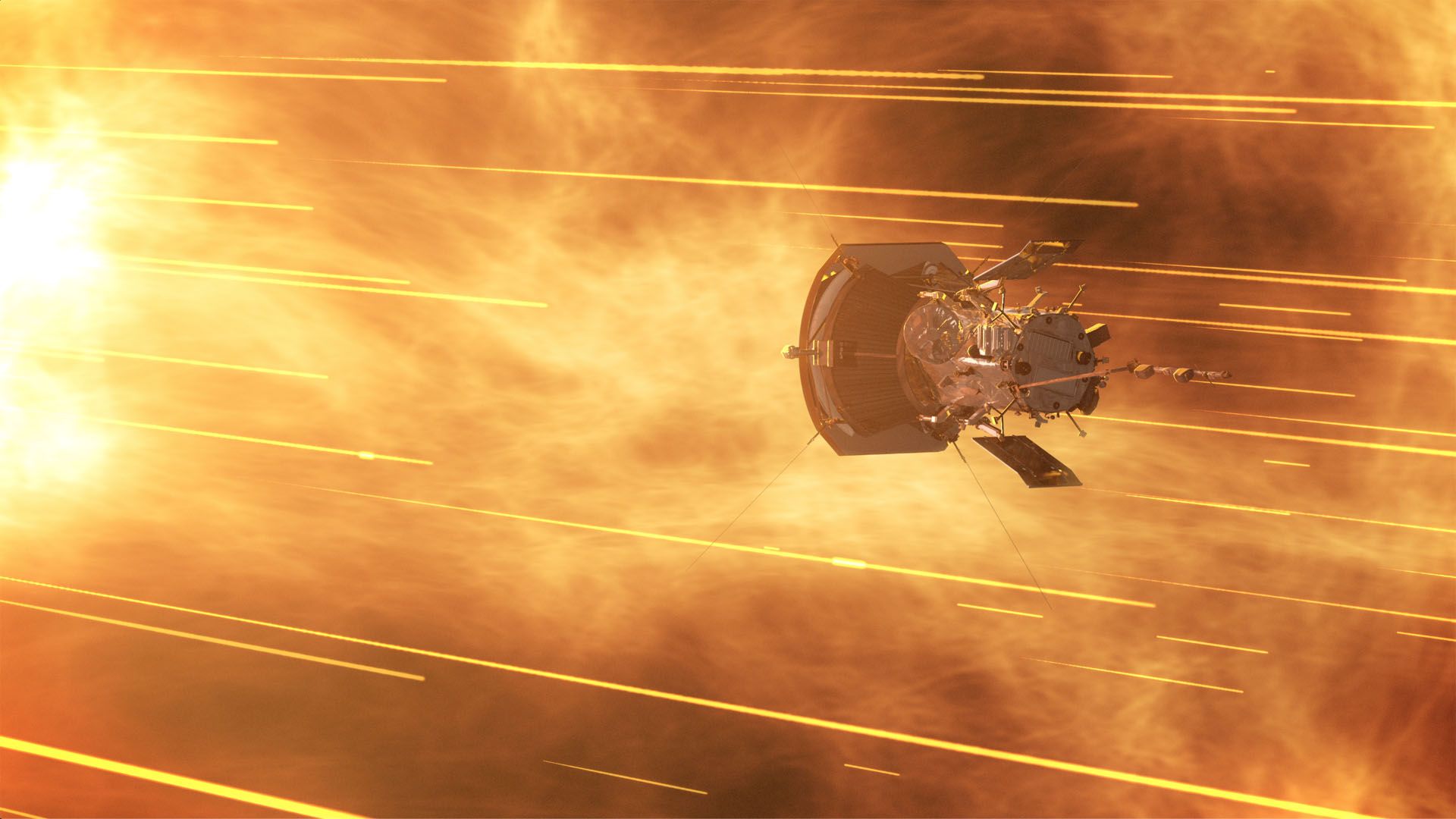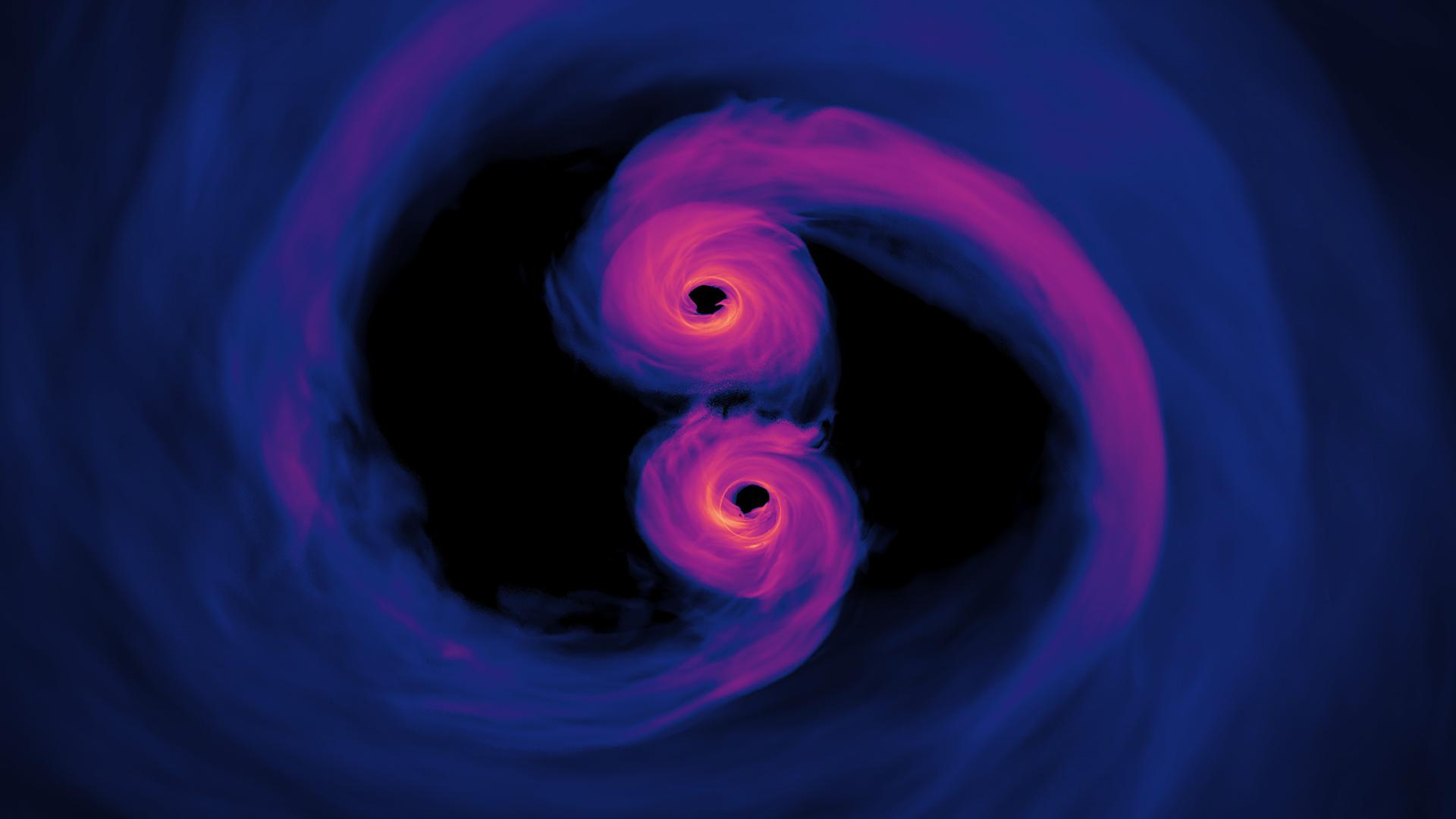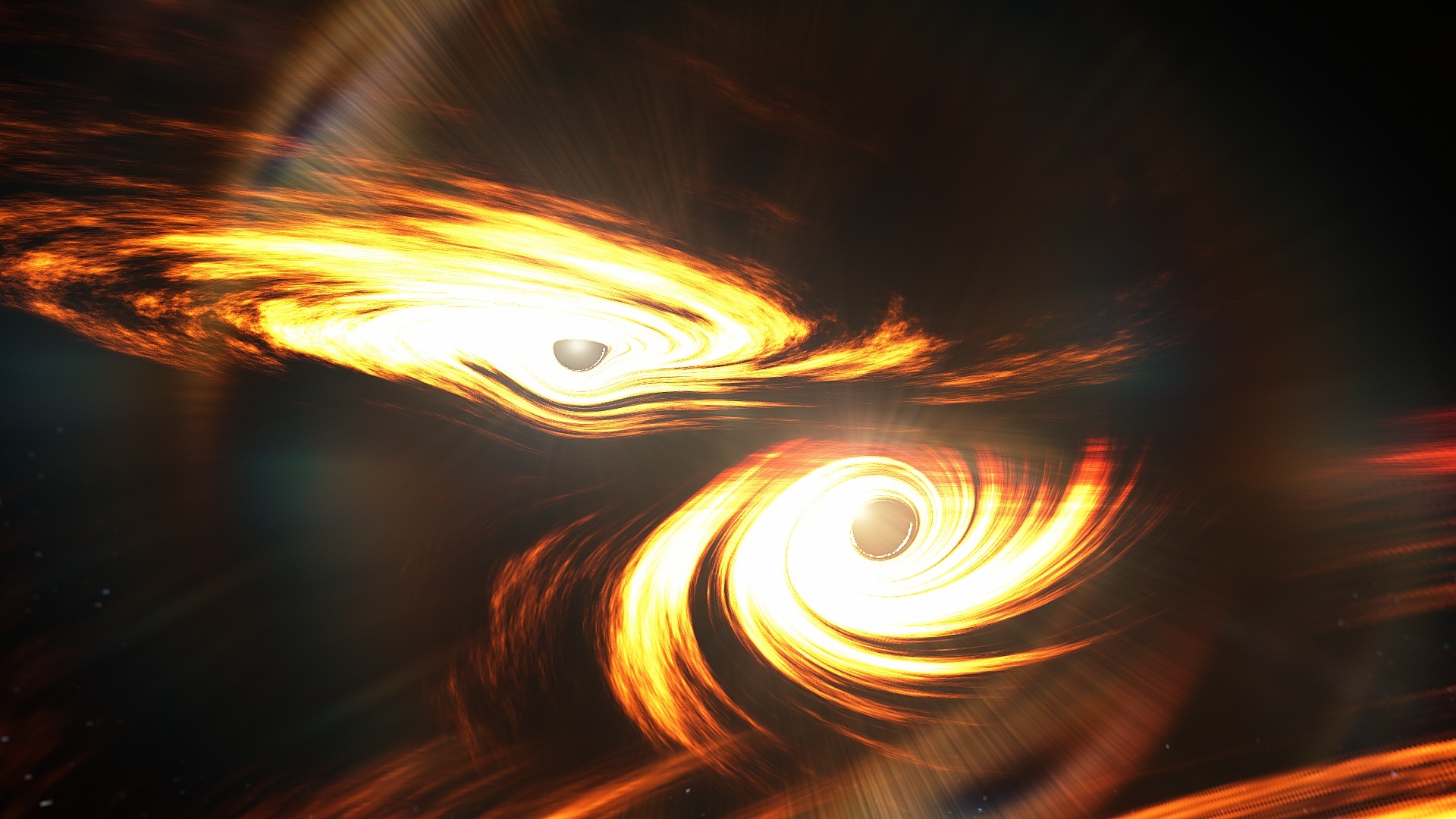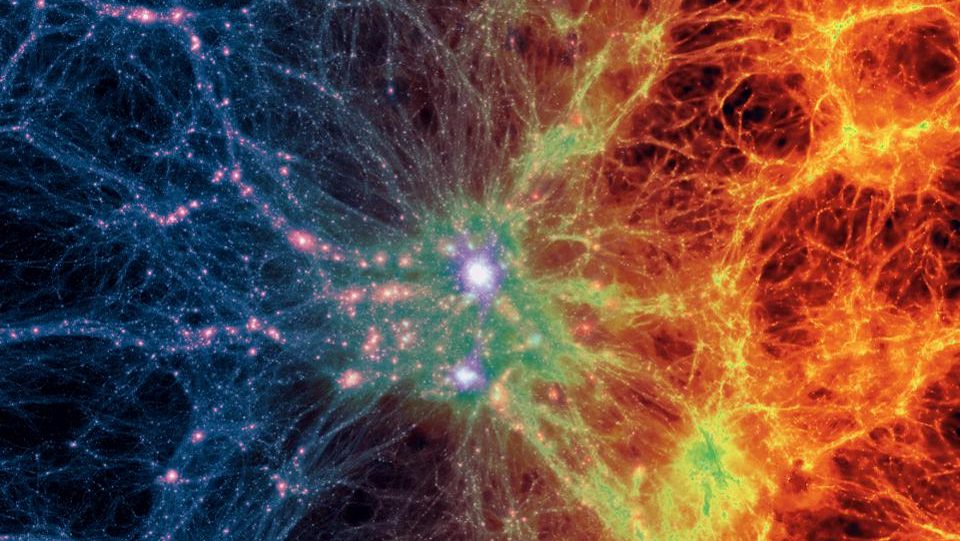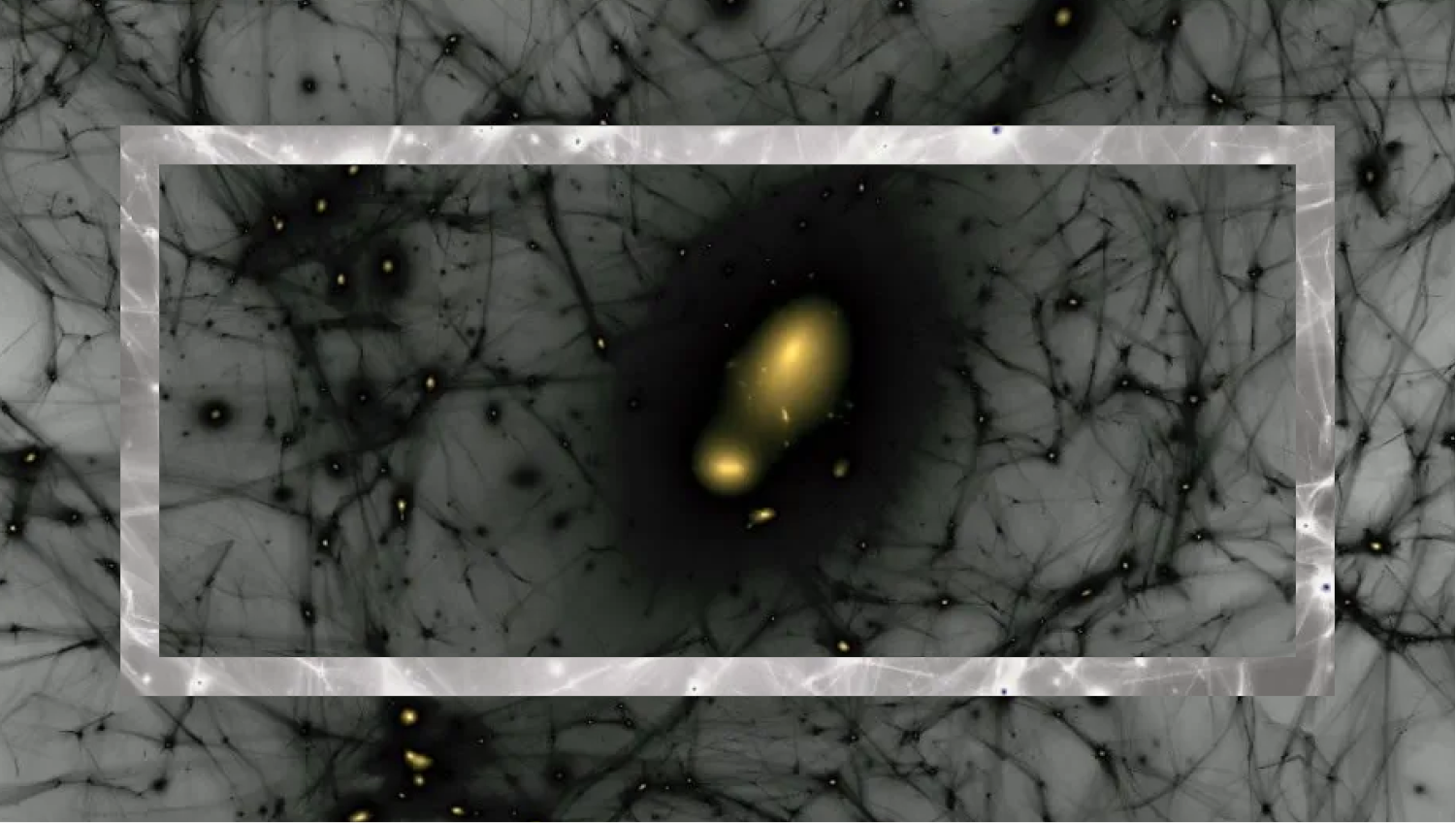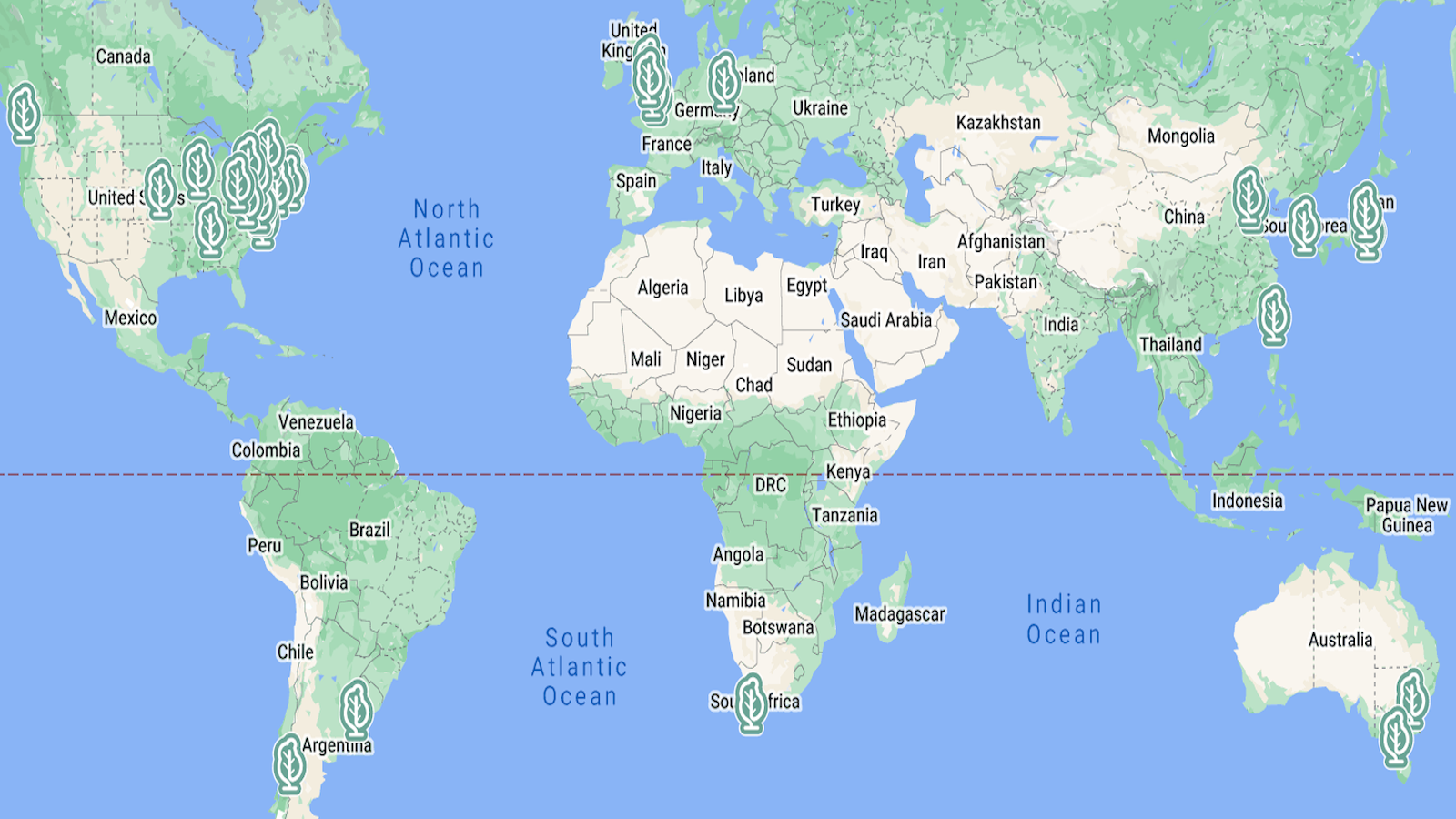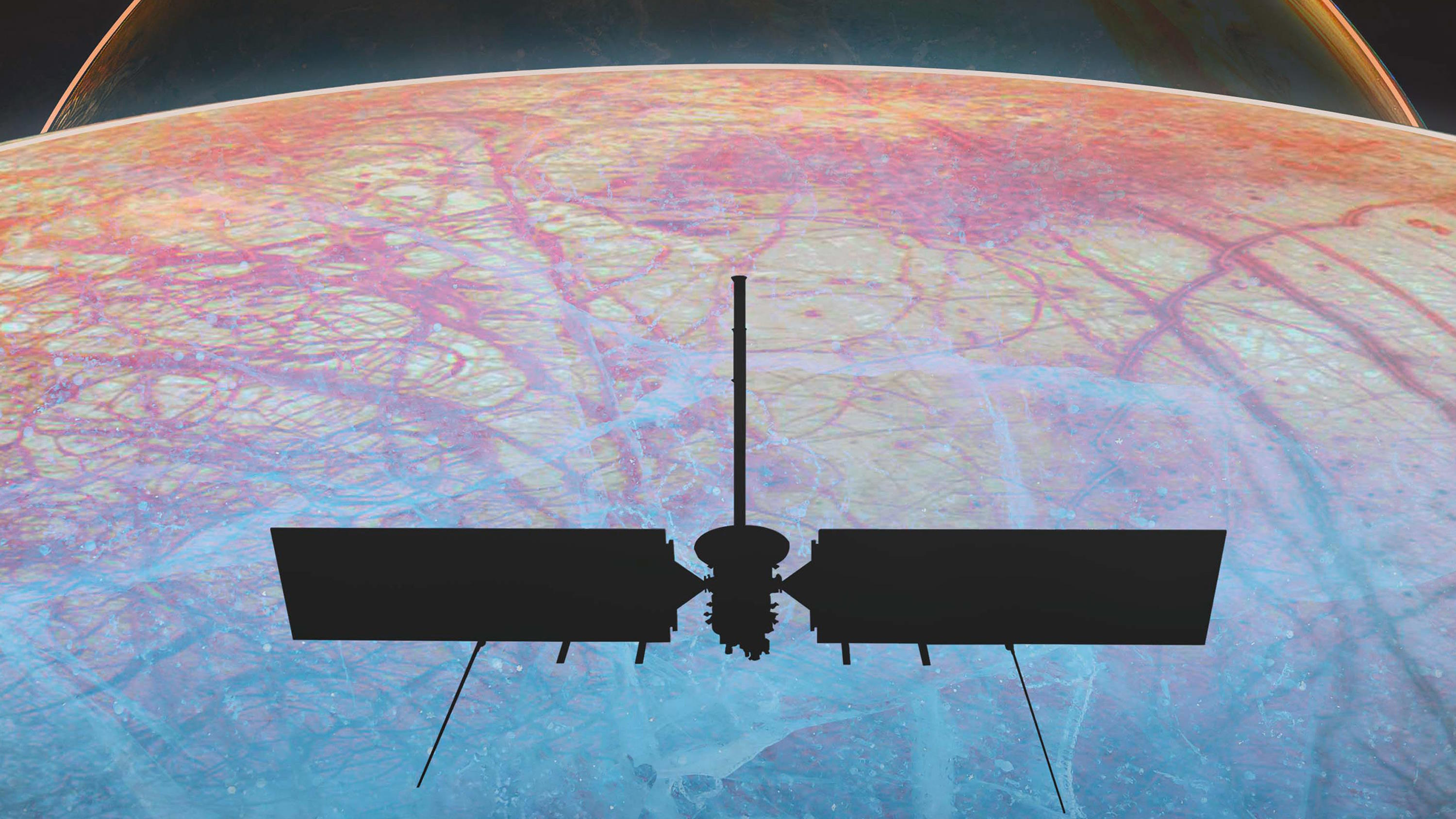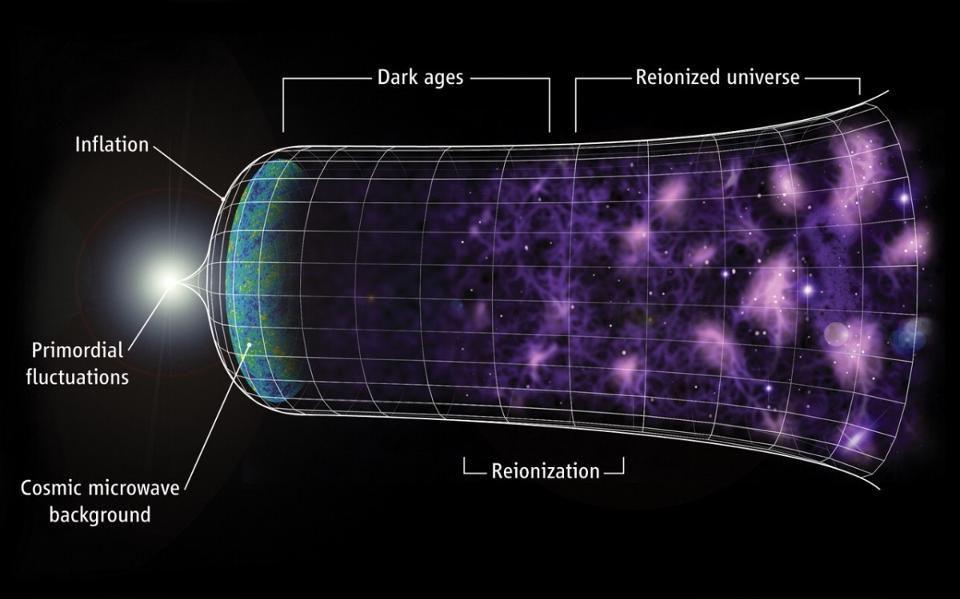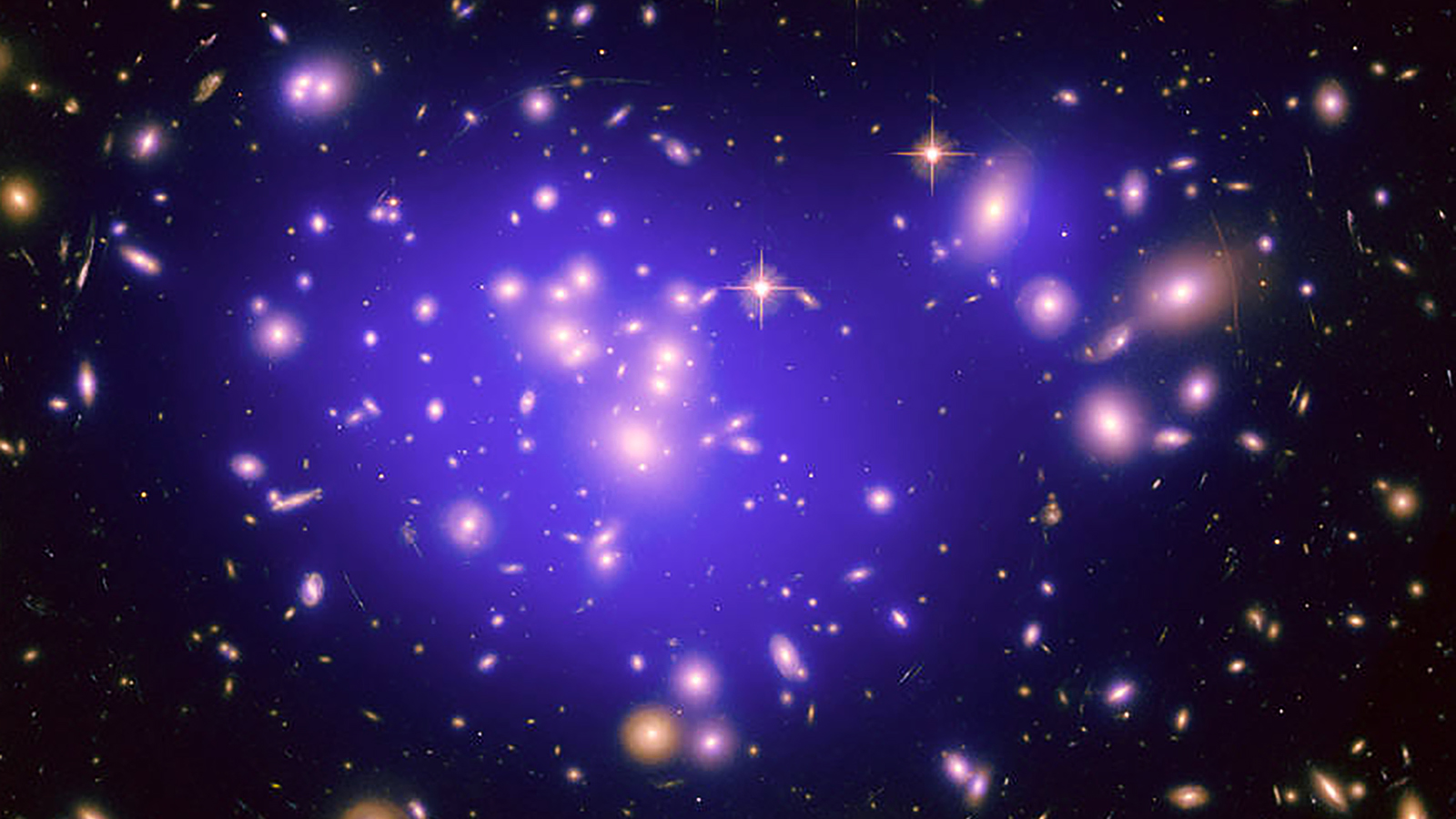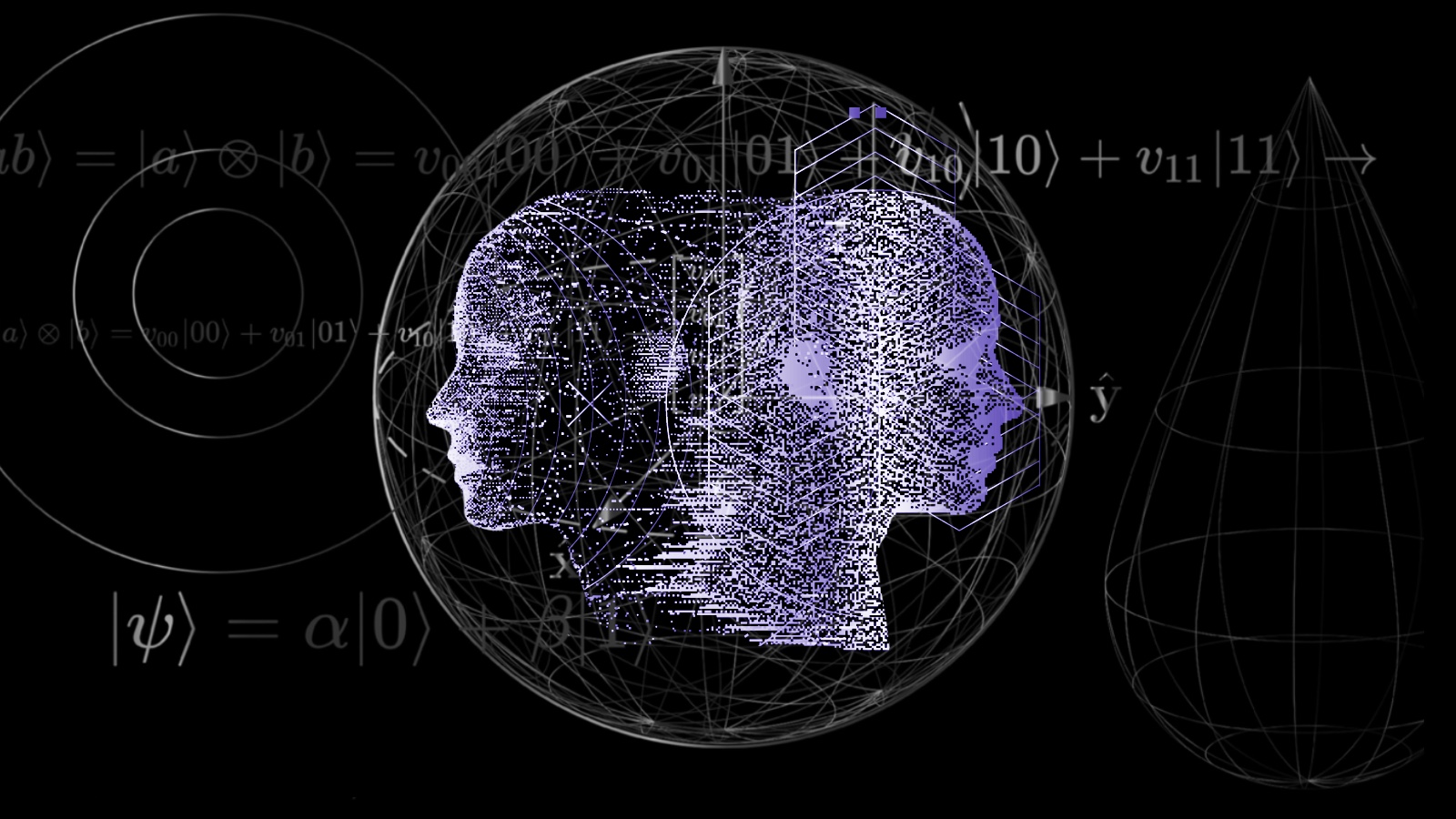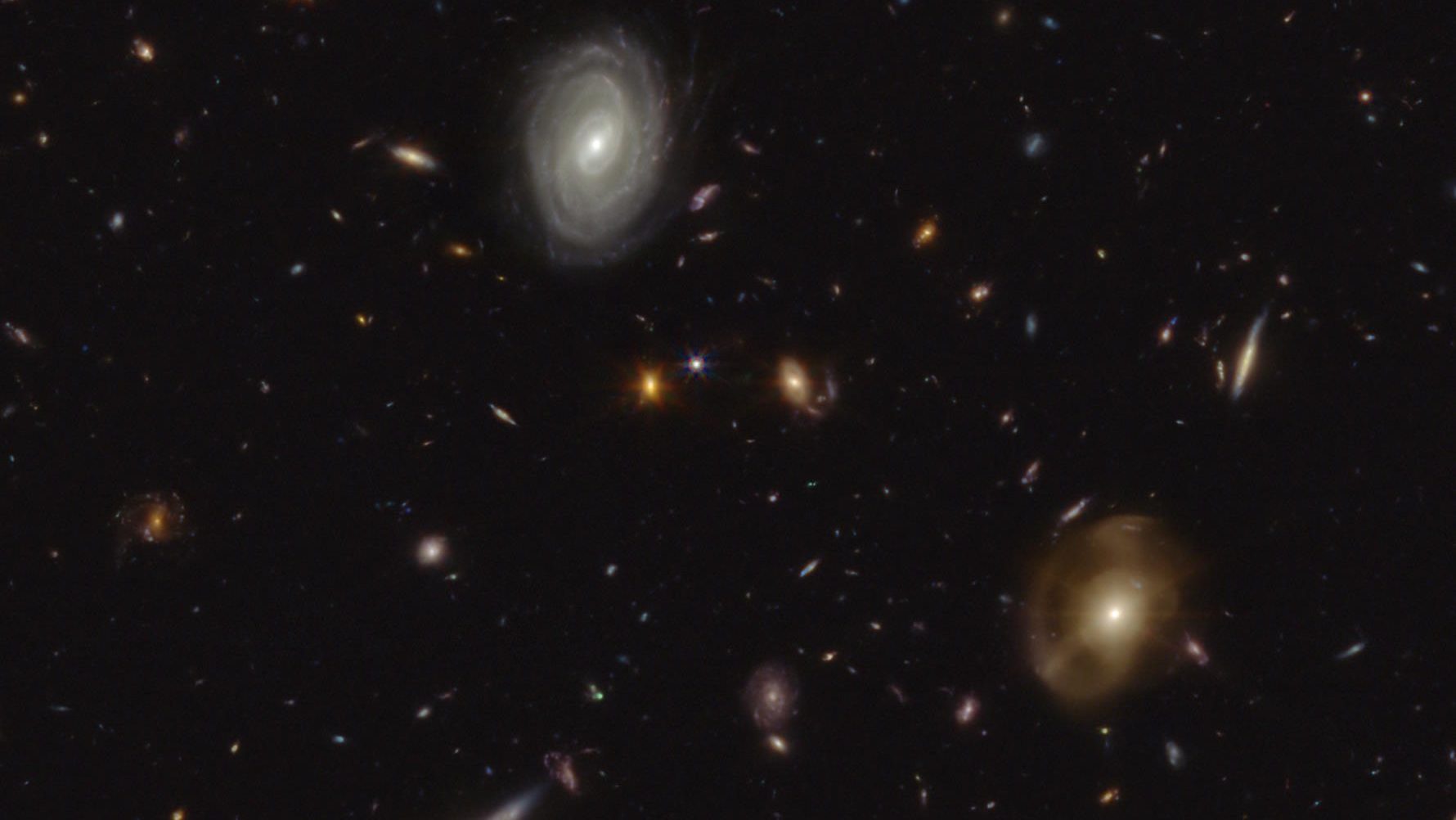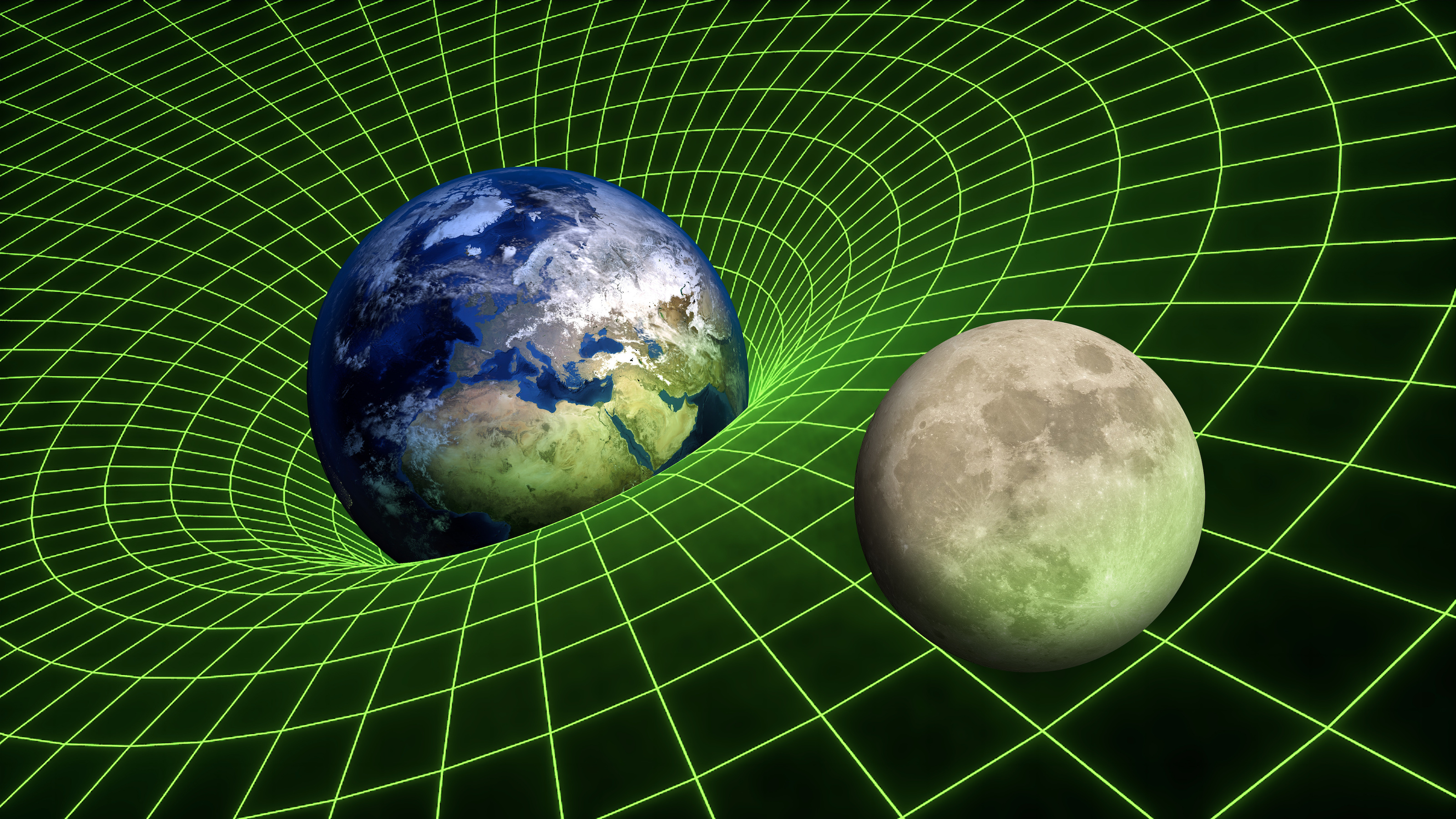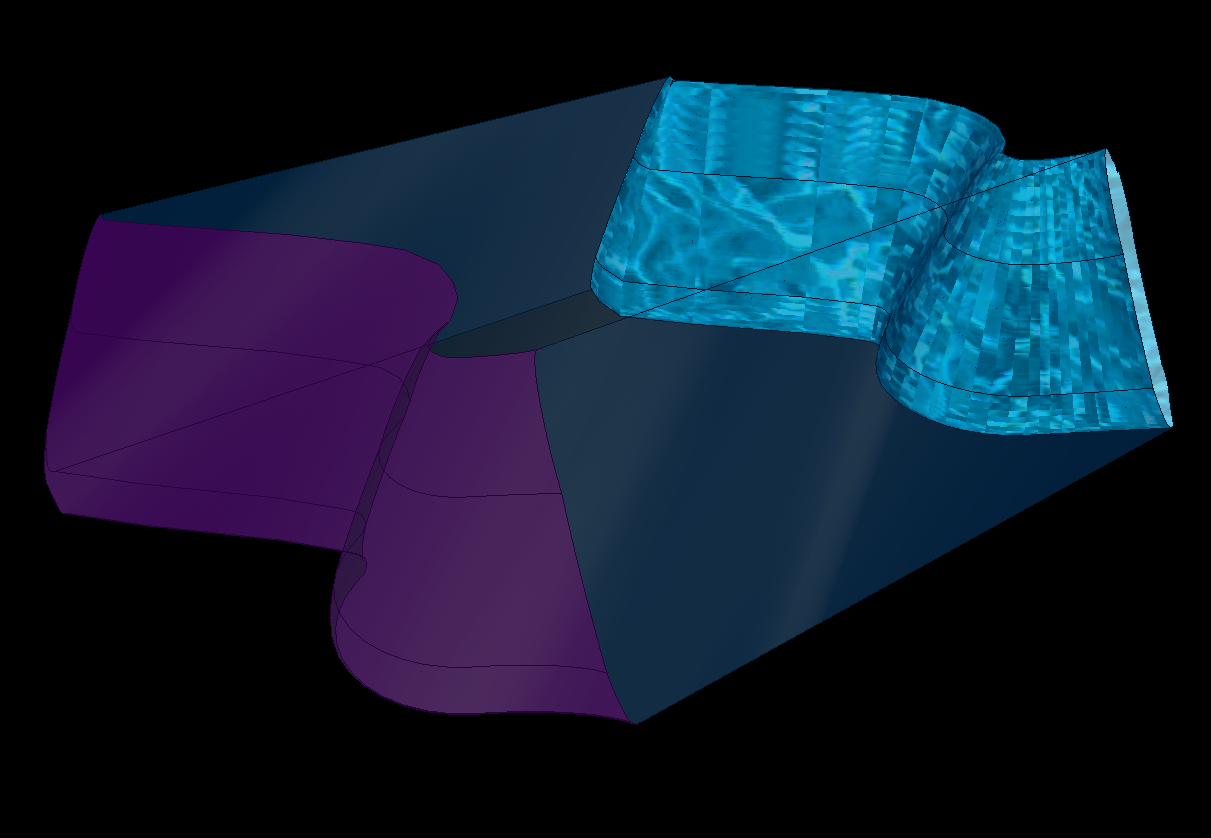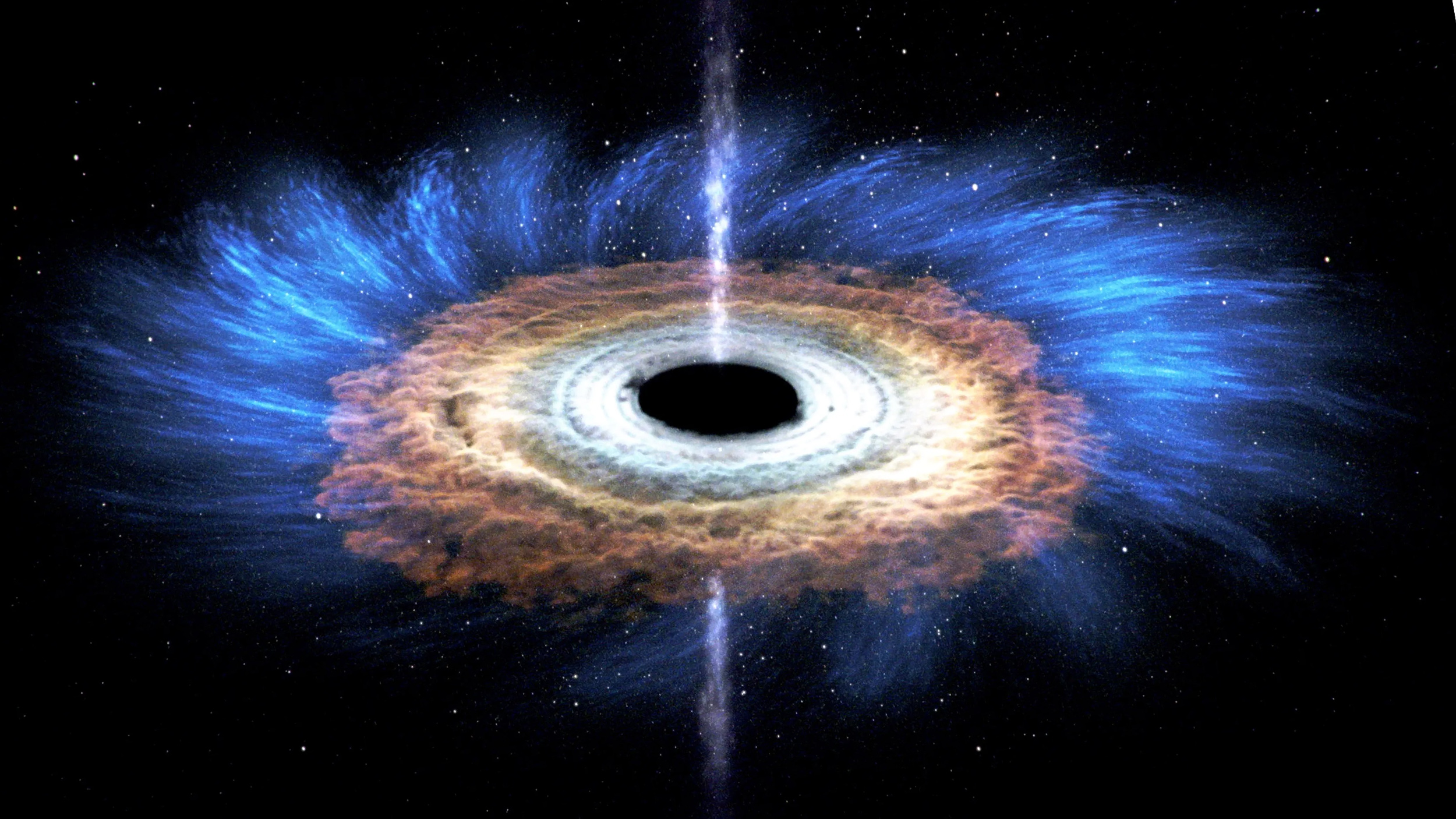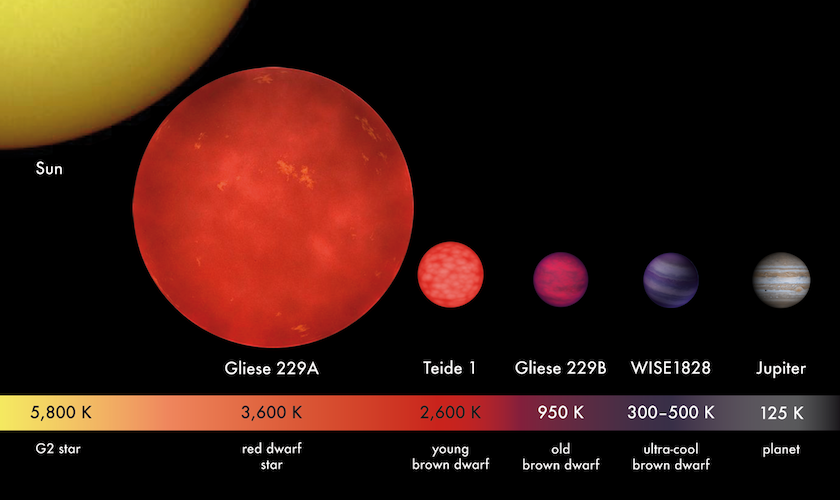Many mavericks look to Einstein as a unique figure, whose lone genius revolutionized the Universe. The big problem? It isn’t true.
Search Results
You searched for: gravity
The Parker Solar Probe is about to undergo its seventh encounter with Venus on its journey toward the Sun. Here’s how fast it’ll go.
We have two descriptions of the Universe that work perfectly well: General Relativity and quantum physics. Too bad they don’t work together.
All matter particles can act as waves, and massless light waves show particle-like behavior. Can gravitational waves also be particle-like?
Two parts of our Universe that seem to be unavoidable are dark matter and dark energy. Could they really be two aspects of the same thing?
On the largest cosmic scales, galaxies line up along filaments, with great clusters forming at their intersection. Here’s how it took shape.
Leading a scientific revolution is easy: you just have to succeed where the current theory fails while equaling its successes. Good luck!
The question of why the Universe is the way it is is an ancient one, and none of the answers we have come up with are satisfying.
Its apples taste bad, but institutions all over the world want a descendant or clone of the tree, anyway.
Could life be widespread throughout the cosmos, in the subsurface oceans of ice-covered worlds? NASA’s Europa Clipper mission investigates.
The familiar terrain of solids, liquids, and gases gives way to the exotic realms of plasmas and degenerate matter.
The Universe isn’t just expansion, but the expansion itself is accelerating. So why can’t we feel it in any measurable way?
Capacitors, acid batteries, and other methods of storing electric charges all lose energy over time. These gravity-fed batteries won’t.
Stars orbiting black holes were observed to move significantly slower than expected. One explanation centers on dark matter.
Maybe the brain isn’t “classical” after all.
When Einstein gave General Relativity to the world, he included an extraneous cosmological constant. How did his ‘biggest blunder’ occur?
The Universe gravitates so that normal matter and General Relativity alone can’t explain it. Here’s why dark matter beats modified gravity.
While humanity has been skywatching since ancient times, much of our cosmic understanding has come about only recently. Very recently.
The theory is accurate within at least one part in a quadrillion.
Here’s what recent DESI measurements suggest — and why it’s too early to update conventional predictions about the Universe’s distant future.
For decades, theorists have been cooking up “theories of everything” to explain our Universe. Are all of them completely off-track?
Perhaps wormholes will no longer be relegated to the realm of science fiction.
Dark matter hasn’t been directly detected, but some form of invisible matter is clearly gravitating. Could the graviton hold the answer?
The threats Mars astronauts face — and how NASA is working to solve them.
Sabine Hossenfelder talks about Albert Einstein, dead grandmothers, the physics of aging, and more in this full interview with Big Think.
▸
43 min
—
with
A more distant galaxy liked the lens so much that it went and put a ring on it. Here’s the science behind this remarkable cosmic object.
As early as we’ve been able to identify them, the youngest galaxies seem to have large supermassive black holes. Here’s how they were made.
Can two planets stably share the same orbit? Conventional wisdom says no, but a look at Saturn’s moons might tell a different story.
Between the least massive star and most massive planet lies the mysterious brown dwarf: a class of objects that are neither star nor planet.
The original principle of relativity, proposed by Galileo way back in the early 1600s, remains true in its unchanged form even today.

